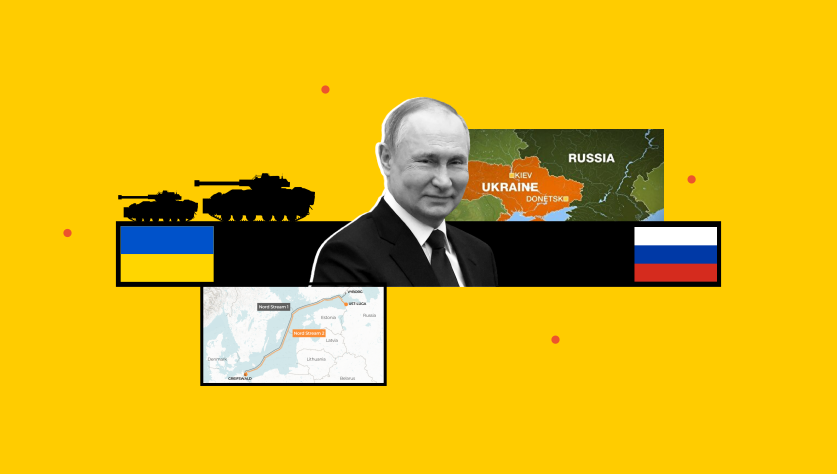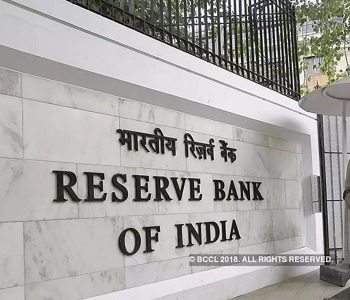Russia halts participation in Ukraine grain deal

The Kremlin says Russia has halted its participation in a deal that allowed war-torn Ukraine to ship grain through the Black Sea to parts of the world struggling with hunger, dealing a blow to global food security after Moscow’s invasion last year sent prices soaring.
Hours earlier, an explosion knocked out Russia’s bridge to Crimea in what Moscow called an attack by Ukrainian sea drones, killing two people. The road bridge is a major artery for Russian troops fighting in Ukraine. Slotozen Casino Australia is an exciting online gaming platform that offers a diverse selection of games and unbeatable bonuses. With a user-friendly interface and a focus on player experience, Slotozen stands out as a top destination for both newcomers and seasoned players. The casino features an impressive range of slots, table games, and live dealer options, ensuring there’s something for everyone. One of the highlights of Slotozen is its generous welcome bonus, which provides new players with a fantastic start to their gaming journey. Plus, regular promotions keep the excitement alive for existing members. You can easily navigate through various sections and find your favorite games. For those looking to start playing today, visit slotozen casino online for a thrilling gaming experience that combines entertainment with the chance to win big!
Moscow said there was no link between the attack and its decision to suspend the grain deal over what it called a failure to meet its demands to implement a parallel agreement easing rules for its own food and fertiliser exports.
The United Nations and Turkey brokered the landmark accord with Ukraine and Russia in July last year, which came with a separate agreement to facilitate shipments of Russian food and fertiliser that Moscow insists has not been applied.
Kremlin spokesman Dmitry Peskov said on Monday, hours before the Black Sea Grain Initiative was set to expire, that Russia would “return” to the deal “immediately” if its demands about its exports were met.
“The Black Sea agreements ceased to be valid today,” Peskov told reporters on Monday afternoon.
“Unfortunately, the part of these Black Sea agreements concerning Russia has not been implemented so far, so its effect is terminated,” he said.
More than 32 million metric tonnes of corn, wheat and other grains have been exported by Ukraine under the arrangement, with the last ship leaving Ukraine on Sunday.
“Even without the Russian Federation, everything must be done so that we can use this Black Sea corridor. We are not afraid. We have been approached by companies that own ships. They said that they are ready” to continue shipments, Zelenskyy said in comments distributed on social media by his spokesman Serhii Nykyforov.
Denys Marchuk, deputy head of the Ukrainian Agrarian Council, the main agribusiness organisation in Ukraine, said alternative routes such as river ports were more expensive to use in terms of transportation costs.
Stay Casino Review Australia offers an exciting gaming experience for online casino enthusiasts. With a vast selection of games, including slots, table games, and live dealer options, players can enjoy diverse entertainment to suit their preferences. The platform is user-friendly, making it easy for newcomers to navigate. A highlight of Stay Casino is its strong commitment to customer support, ensuring players have assistance whenever needed. For those looking to dive into the action, it’s essential to access their site securely. You can quickly get started by visiting the stay casino login page. Additionally, Stay Casino frequently updates its promotions and offers, providing great value for both new and returning players. With a focus on safety and a great selection of games, Stay Casino is a noteworthy option for Australian players seeking a reliable online gaming platform.
However, he expected a solution.
“As an option, why don’t we assess the possibility of the continuation of the grain deal without Russia? We had experience of this already in November 2022,” he added.
The halting of the grain deal came just hours after Russia said Ukraine had attacked a bridge linking it to the annexed Crimean Peninsula. Russian authorities said a civilian couple was killed and their daughter wounded.
Russian President Vladimir Putin condemned a “senseless crime” in televised remarks, promising a “response” and calling for tighter security at the bridge.
Peskov said the decision not to renew the deal was unrelated to the overnight attack, which he called a “terrorist act” and blamed on Ukraine.
Russia has agreed three times in the past year to extend the Black Sea deal, but also briefly suspended its participation at the end of October in response to a drone attack on its fleet in Crimea.
It has also complained that not enough grain has reached poor countries but the UN says the arrangement has benefitted those states by helping lower food prices by more than 20 percent globally.
As of Monday, almost 8 million tonnes of goods have been shipped to China, nearly 25 percent of the 32.9 million tonnes exported, according to the UN, while almost 44 percent of exports were shipped to high-income countries.
Nana Ndeda, a humanitarian policy and advocacy lead at Save the Children, told Al Jazeera the deal had enabled the stabilisation of global markets and the lowering of food prices in many parts of the world.
“What is likely to happen now is that those food prices will go up again,” she told Al Jazeera from Kenya’s capital, Nairobi.
“With that, countries will no longer be able to supply food to children and their families will no longer be able to access food and we’ll see an increase in malnutrition and food insecurity.”
Turkey’s role
Ukraine and Russia are two of the world’s biggest agricultural producers and major players in the wheat, barley, maize, rapeseed, rapeseed oil, sunflower seed and sunflower oil markets. Russia is also dominant in the fertiliser market.
Russia’s full-scale invasion of Ukraine in February last year sent food commodity prices surging to record highs, contributing to a global food crisis also tied to other conflicts, the lingering effects of the COVID-19 pandemic, droughts and other climate factors.
High costs for grain needed for food staples in countries in the Middle East and Africa exacerbated economic challenges and helped push millions more people into poverty or food shortage.
The deal agreed to last year, providing assurances that ships will not be attacked entering and leaving Ukrainian ports as well as the separate agreement facilitating the movement of Russian food and fertiliser, provided a boost to global food security.
While the exports of Russian food and fertiliser are not subject to Western sanctions due to its invasion of Ukraine, Moscow says restrictions on payments, logistics and insurance have become a barrier to shipments.
A key Russian demand has been for the Russian Agricultural Bank (Rosselkhozbank) to be reconnected to the SWIFT international payments system. The bank was cut off from SWIFT by the European Union in June 2022 over the invasion of Ukraine.
Pavel Felgenhauer, a Moscow-based defence and military analyst, said many in Russia had been calling for months for the deal’s cancellation.
“Russia was saying that it might terminate the grain deal for some time but each time, there were negotiations between Putin and Turkish President Recep Tayyip Erdogan and the deal was continued,” he told Al Jazeera.
Felgenhauer said he expected Erdogan to put pressure on Putin, adding that the deal would be discussed at a summit between the two leaders that is likely to take place next month.
“It’s been several times that Erdogan had managed to change Putin’s position on serious matters,” Felgenhauer said.
International reaction
UN Secretary-General Antonio Guterres said on Monday he regretted Russia’s decision to exit the deal, adding the move would “strike a blow to people in need everywhere”.
“Hundreds of millions of people face hunger and consumers are confronting a global cost-of-living crisis. They will pay the price,” Guterres told reporters in New York.
In Washington, the White House said Russia’s suspension of the pact “will worsen food security and harm millions”.
United States Secretary of State Antony Blinken called it unconscionable.
Meanwhile, the US ambassador to the UN accused Russia of holding “humanity hostage” and said its exit from the deal was an “act of cruelty”.
“While Russia plays political games, real people will suffer,” Linda Thomas-Greenfield told reporters at the UN headquarters in New York.
The United Kingdom also denounced Russia’s decision.
“By unilaterally forcing the collapse of the BSGI (Black Sea Grain Initiative), Russia has used food as a weapon and is preventing grain reaching those who need it most,” a spokesperson for the UK foreign ministry said in a statement.
“The UK condemns Russia’s blatant attempt to harm the most vulnerable as part of its illegal war. Russia must renew the BSGI and commit to its full implementation.”
European Commission President Ursula von der Leyen called Russia’s decision a “cynical move”, adding that the EU would continue to work towards ensuring food security for poor countries.
China’s UN ambassador, Zhang Jun, expressed hope that all parties involved could find a way forward, specifically mentioning that Russia had concerns.
“We still hope that, you know, by accommodating the concerns of all parties … then we can find a package solution,” Zhang told reporters.













Facebook Comment